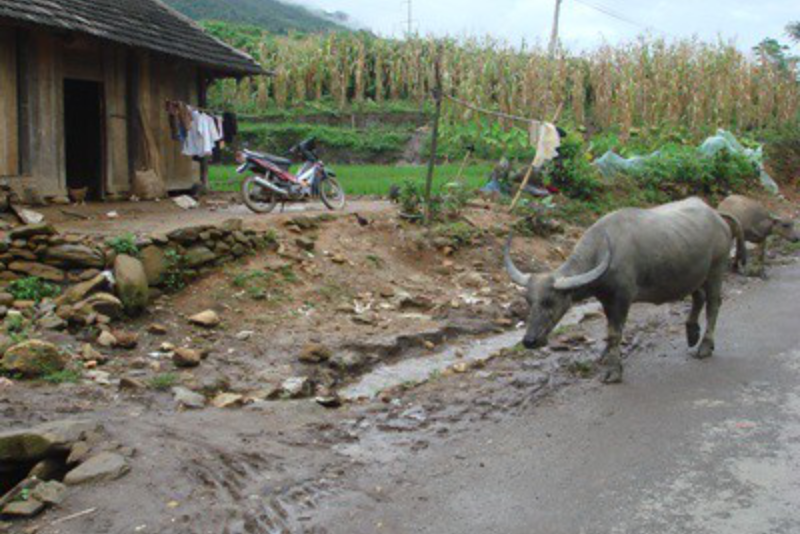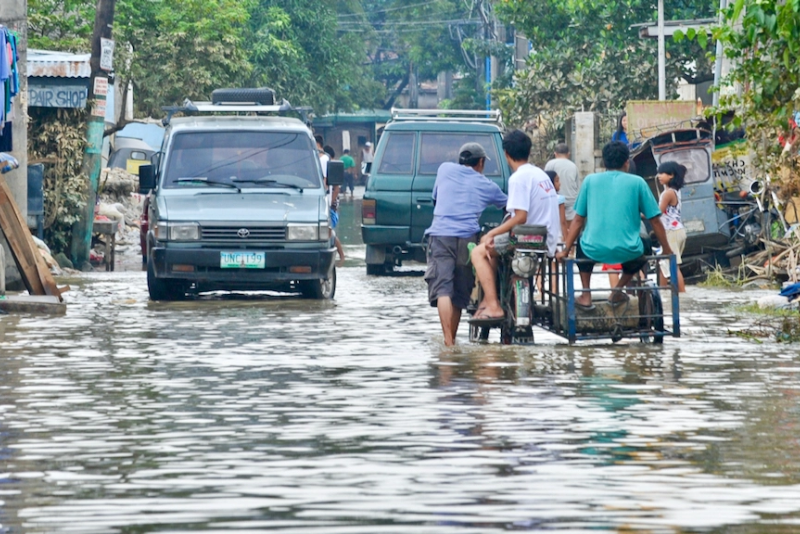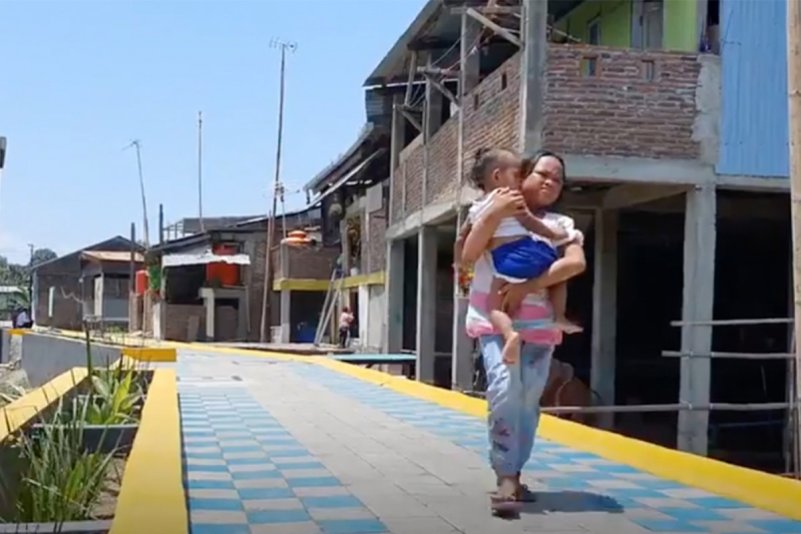The Rockefeller Foundation is a private foundation established in 1913 to promote the well-being of humanity, catalyze and scale up transformative innovations, and create partnerships across different sectors, including energy, health, food security, and smart cities. The Rockefeller Foundation collaborates with ADB on a systems-centered approach that supports the integration of climate change into city planning as a central element and links it to the implementation of infrastructure and institutional interventions. On 28 October 2021, ADB and the Rockefeller Foundation signed the Memorandum of Understanding on Energy Partnership, aiming to support clean energy, renewable energy, and energy-efficient projects in Asia and the Pacific.
The Rockefeller Foundation has contributed $5 million to the Urban Climate Change Resilience Trust Fund.
Active Trust Funds
Trust funds with ongoing projects or no active projects but with remaining funds are considered active
News
Despite Asia and the Pacific’s progress, sanitation continues to be a huge unmet need in the region. Developing countries in the region must reassess their approach and investment priorities to adopt citywide inclusive sanitation to address the urban sanitation crisis.
ADB has joined with the Government of the United Kingdom to launch the Urban Resilience Trust Fund, a partnership which aims to reduce risks from climate change through climate resilience planning and innovative urban projects.




